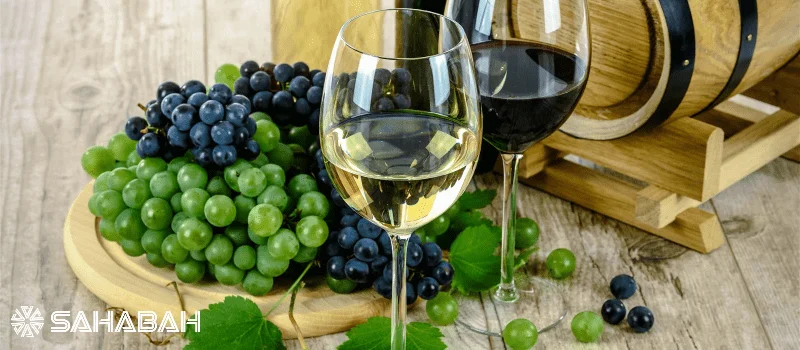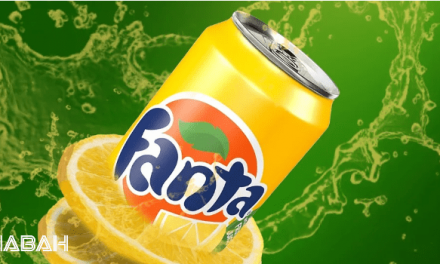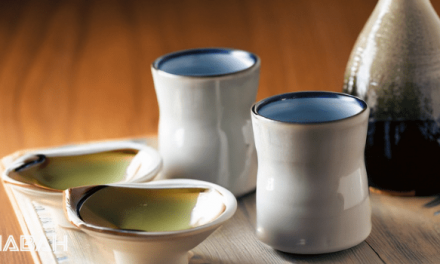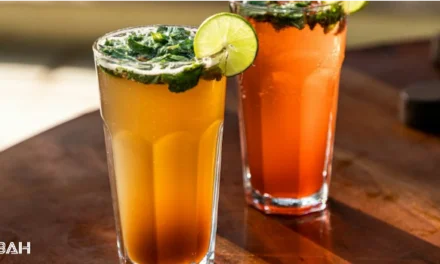Halal wine has become a controversial topic among Muslims today. With an increasing number of halal wineries emerging, many Muslims are left wondering – can wine really be considered halal? Let’s take a deep dive into what Islamic law says about alcohol and whether wine can ever be halal.
Wine and other alcoholic beverages are strictly prohibited in Islam. According to the Quran, intoxicants are deemed haram, which means forbidden. There is also a famous hadith by Prophet Muhammad (pbuh) that states: “Intoxicants are the mother of all evils.” So it’s clear that alcohol consumption is prohibited in Islamic law.
However, there seems to be some gray area when it comes to wine specifically. In this comprehensive guide, we’ll analyze the Islamic perspective on wine, explain how halal wine is made, and help you understand the ongoing debate around halal wine.

Is Drinking Any Type of Alcohol Allowed for Muslims?
The general ruling is quite clear – alcohol is completely forbidden in Islam. The Quran prohibits the consumption of alcoholic drinks made from grapes, dates, wheat, barley, etc.
All major schools of Islamic law also forbid Muslims from drinking khamr, which refers to alcoholic beverages that can intoxicate. This includes wine, beer, vodka, whiskey and so on. Consuming, buying, selling, or serving khamr is considered haram.
However, there are some exceptions when it comes to certain food ingredients like vinegar and vanilla extract that contain small traces of alcohol. We’ll explore this in more detail later.

What Does The Quran Say About Alcohol Consumption?
There are several verses in the Quran that prohibit alcohol and intoxicants in general:
“O you who have believed, indeed, intoxicants, gambling, [sacrificing on] stone alters [to other than Allah ], and divining arrows are but defilement from the work of Satan, so avoid it that you may be successful.” (Quran 5:90)
“Satan only wants to cause between you animosity and hatred through intoxicants and gambling and to avert you from the remembrance of Allah and from prayer. So will you not desist?” (Quran 5:91)
These verses make clear that alcohol is considered haram and something to avoid for Muslims. It is viewed as Satan’s handiwork and something that causes animosity.
Are There Any Exceptions For Foods/Drinks Containing Traces of Alcohol?
Most Islamic scholars agree that small amounts of alcohol that occur naturally in certain foods and drinks are permissible. This includes bread, juices, vinegar, soy sauce, vanilla extract and more.
Traces of alcohol in these items are minute, usually less than 0.5%. Consuming such tiny amounts will not cause intoxication. So these foods are not considered khamr and can be safely consumed.
However, this exception does not apply to alcoholic beverages like beer, wine, vodka, etc. They contain much higher alcohol content specifically produced to cause intoxication.

How Is Halal Wine Made?
Halal wine follows the same winemaking process as regular wine, except for one key difference – the alcohol is removed at the end.
The initial grape juice contains no alcohol naturally. It only develops alcoholic properties later during the fermentation process. This is when yeast converts grape sugar into ethanol and carbon dioxide, creating wine.
To make halal wine, the ethanol alcohol is eliminated after fermentation using advanced spin column chromatography technology. This lowers the alcohol by volume (ABV) to 0.0-0.5%.
The dealcoholization process removes alcohol while retaining the wine’s original flavors, aromas, color and mouthfeel. The result is a non-alcoholic wine that mimics traditional wine.
Many halal wines also hold halal certification to ensure proper Islamic guidelines are followed during production. This provides Muslims assurance while purchasing.
Can Muslims Drink Wine with Alcohol Removed?
This is where most debate arises – can Muslims drink wine with alcohol removed and consider it halal? Opinions are divided even among Islamic scholars.
Some argue that wine is forbidden regardless of alcohol content since it’s made from grapes, dates, etc. which are intoxicating substances. Wine is wine, with or without alcohol.
Others believe that dealcoholized wine is halal if it contains minimal traces of alcohol, typically 0.0-0.5% ABV. This amount will not cause intoxication. As long as all other Islamic dietary laws are followed, the wine can be consumed.
Ultimately, it’s a matter of personal interpretation and choice. Muslims uncomfortable with any form of wine are advised to avoid it. Those who wish to partake must ensure the alcohol content meets halal standards. Moderation is key either way.
What Types of Halal Wine Are Available?
As the demand for halal wines grows, more options are emerging:
-
Lussory Organic Merlot: This non-alcoholic red wine uses a spinning cone column to reduce alcohol content to 0.0%. It retains the bold, dry flavor of merlot grapes.
-
Ariel Cabernet Sauvignon: Ariel removes alcohol from its cab sav, leaving behind just 0.5% ABV. You still get notes of blackberry and oak in every sip.
-
St. Regis Chardonnay: Through reverse osmosis, St. Regis produces a crisp, non-alcoholic chardonnay with hints of pear and vanilla.
-
J. Garcia Carrion: This Spanish winery makes a de-alcoholized Tempranillo, Sauvignon Blanc, and Brut Cava using vacuum distillation technology.
Several wineries also offer custom halal bottlings. These use traditional grape varietals with an Islamic blessing and halal-compliant winemaking.
Can Muslims Consume Food Cooked With Alcohol?
Most scholars say it’s permissible to consume dishes where alcohol was used during cooking, but it evaporated away. This includes beer-battered fish, rum cake, coq au vin, etc. Traces left behind, if any, are minimal.
However, some traditional Islamic interpretations prohibit all forms of alcohol, even in cooking. So opinions vary on this issue. Muslims uncomfortable with any alcohol are advised to avoid such foods.
Is Wine Halal – FAQ
According to Islamic dietary laws, wine is considered haram, meaning it is prohibited and forbidden to consume for Muslims.
What is halal wine?
Halal wine refers to wine that has been manufactured in a way that is compliant with Islamic dietary rules.
Can Muslims consume non-alcoholic wine?
Muslims can consume non-alcoholic wine as it does not contain any alcohol. This type of wine is made by removing the alcohol content while keeping the flavor of the wine intact.
Is wine without alcohol halal?
Yes, wine without alcohol is considered halal as it does not contain any alcoholic content that is prohibited in Islam.
Is grape juice halal?
Grape juice is generally considered halal as it is made from grapes and does not undergo any alcoholic fermentation process.
Can Muslims consume food cooked with wine?
It is generally recommended for Muslims to abstain from consuming food cooked with wine as the alcohol may not evaporate completely during the cooking process. However, there may be differing opinions among scholars on this matter.
What does the Quran say about wine?
The Quran prohibits the consumption of wine and considers it haram. The exact verse is found in Surah Al-Ma’idah (5:90): “O you who have believed, indeed, intoxicants, gambling, [sacrificing on] stone altars [to other than Allah], and divining arrows are but defilement from the work of Satan, so avoid it that you may be successful.”
Conclusion: Is Wine Halal or Haram?
There is no unanimous verdict on whether wine is halal or haram. Traditional Islamic law seems to lean towards declaring all wine forbidden, even without alcohol, since it’s an intoxicating drink. Theprocess of making wine may also be objectionable.
However, some modern interpretations state that wine without alcohol may be consumed in moderation as long as it meets halal guidelines like having less than 0.5% ABV. Dealcoholized wine aims to provide Muslims a wine-drinking experience without compromising beliefs.
Ultimately, it’s up to each Muslim to decide based on their comfort level and personal interpretation of Islamic law. The choice between halal wine and traditional grape juice remains polarized. Consuming any intoxicants or doubtful foods is better avoided. Moderation and mindful drinking is key.
To Sum Up:
- Alcoholic beverages like wine are considered haram (forbidden) in Islam
- The Quran clearly prohibits intoxicants that can impair judgement
- Foods with small traces of alcohol may be permissible
- Halal wine is made by removing alcohol from regular wine
- Halal wines contain 0.0-0.5% ABV, retaining original flavors
- Opinions differ on whether any type of wine can be halal
- Muslims uncomfortable with wine are advised to avoid it
- Moderation and responsible drinking are always recommended
The debate around halal wine continues, but the choice ultimately lies with each Muslim based on their personal beliefs and interpretation of Islamic law. This guide summarizes the key considerations to help you make an informed decision. Stay mindful, moderate and make choices that align with your faith.





